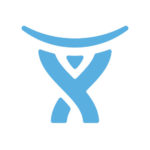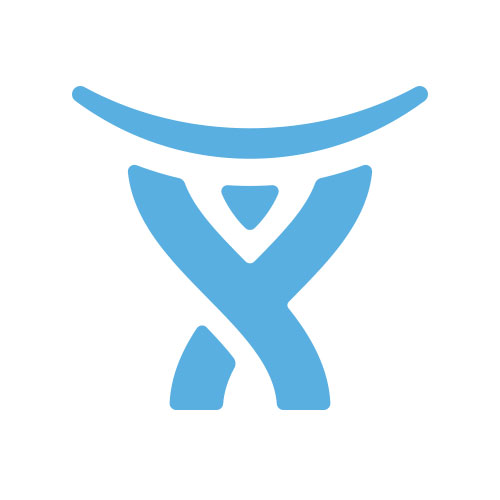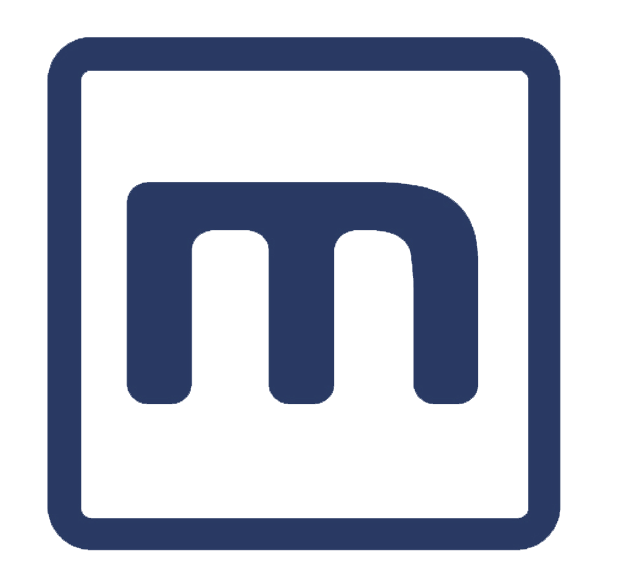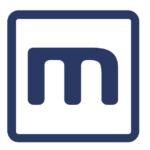 One of the more intriguing enterprise software IPOs of the last number of months is Atlassian (NASDAQ: TEAM), a company which focuses on team-oriented custom software development. Founded in Sydney, Australia in 2002, the company is led by co-CEOs Mike Cannon-Brookes and Scott Farquhar. Fiscal Year 2016 (ending June 30th) Consensus revenue and EPS estimates call for $458 million and $0.33. This implies revenue growth of 40 percent over fiscal year 2015, though we note that the company executed a couple of tuck-in acquisitions in that year.
One of the more intriguing enterprise software IPOs of the last number of months is Atlassian (NASDAQ: TEAM), a company which focuses on team-oriented custom software development. Founded in Sydney, Australia in 2002, the company is led by co-CEOs Mike Cannon-Brookes and Scott Farquhar. Fiscal Year 2016 (ending June 30th) Consensus revenue and EPS estimates call for $458 million and $0.33. This implies revenue growth of 40 percent over fiscal year 2015, though we note that the company executed a couple of tuck-in acquisitions in that year.
Atlassian made its debut on the NASDAQ on December 10, 2015, at a price of $21.00 per share. The offering featured 22 million Class A common shares, all of which came from the company, enabling it to raise roughly $430 million. Investment banks Goldman Sachs and Morgan Stanley were the lead underwriters of the stock offering, with Allen & Company, UBS Securities, and Jefferies, Canaccord Genuity, JMP Securities, Raymond James, and William Blair all fighting for a share of the IPO pot. Atlassian, recently trading in the vicinity of $22, carries a market cap of roughly $4.7 billion.
Atlassian’s mission calls for the power to “unleash the potential in every team,” in this case software developer teams focused on customized software for corporations, government agencies and non-profits. Each of the more than 20 software products offered by Atlassian helps teams complete, organize, and discuss their work. Atlassian offers a portfolio of software tools that include JIRA, for team planning and product management, Confluence, for team content creation and sharing, HipChat, for team messaging and communication, Bitbucket for team code sharing and management, and JIRA Service Desk, for team services and support applications.
Atlassian’s products are built for teams of all sizes, and are utilized in almost every industry. Atlassian boasts over five million monthly users, and over 57,000 customers, including 79 of the Fortune 100, and 273 of the Fortune 500. Roughly 30 percent of sales comes from subscriptions, 50 percent from maintenance, 15 percent from perpetual licenses, and five percent from other.
Post-IPO, Atlassian has a strong balance sheet with over $700 million in cash, and no debt. To learn more about how Atlassian screens relative to its software peers, please contact Battle Road Research.





 Founded in 2003 by Peter Bauer, currently CEO and Chairman, and Neil Murray, currently Chief Technology Officer, and based in London, the UK, Mimecast (NASDAQ: MIME) is a leader in cloud-based email management, including data security and archiving. The company serves over 18,000 customers in a broad range of industries, and added 1,800 new customers in the recently concluded March 31 quarter. Consensus estimates call for revenue of $173 million in fiscal year 2017 (ending March 31), which implies a 22 percent increase over the prior year, while EPS estimates suggest a loss of $0.05 per share, which would compare to a loss of $0.07 in FY’2016.
Founded in 2003 by Peter Bauer, currently CEO and Chairman, and Neil Murray, currently Chief Technology Officer, and based in London, the UK, Mimecast (NASDAQ: MIME) is a leader in cloud-based email management, including data security and archiving. The company serves over 18,000 customers in a broad range of industries, and added 1,800 new customers in the recently concluded March 31 quarter. Consensus estimates call for revenue of $173 million in fiscal year 2017 (ending March 31), which implies a 22 percent increase over the prior year, while EPS estimates suggest a loss of $0.05 per share, which would compare to a loss of $0.07 in FY’2016. .
.